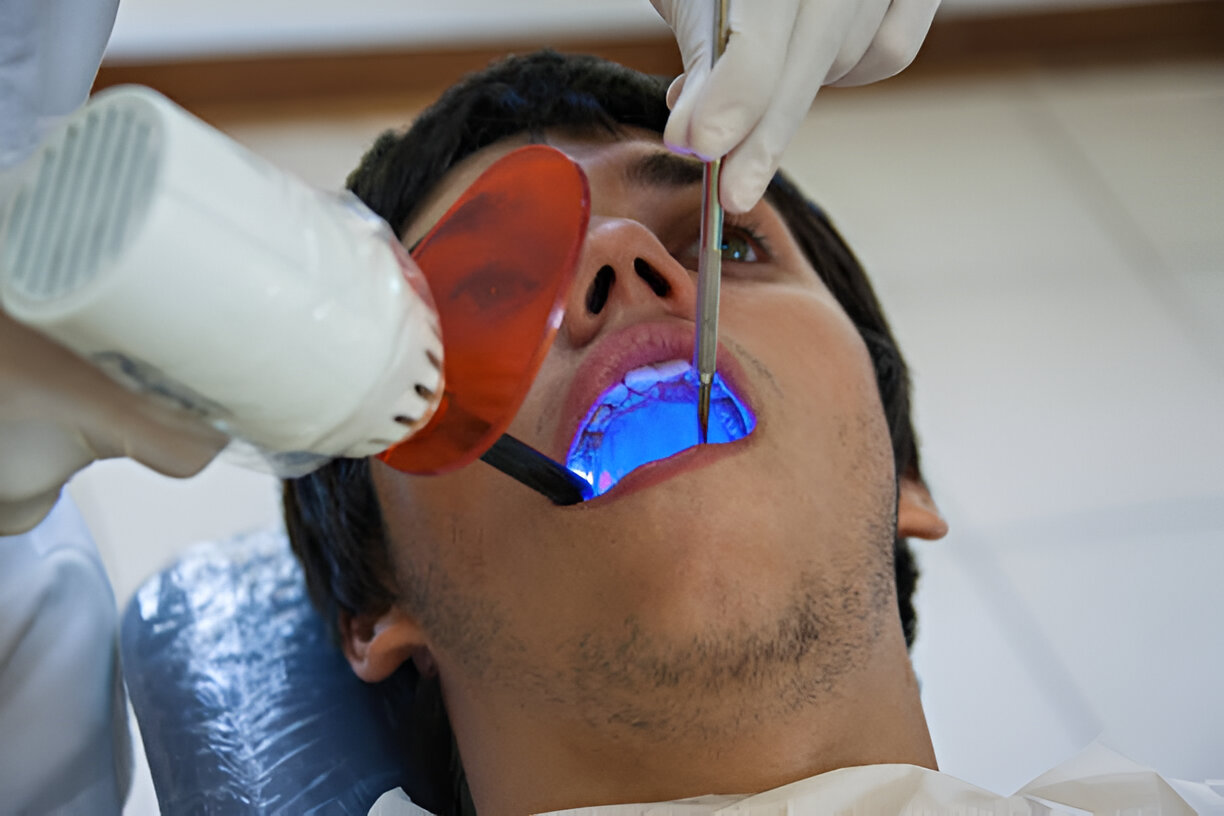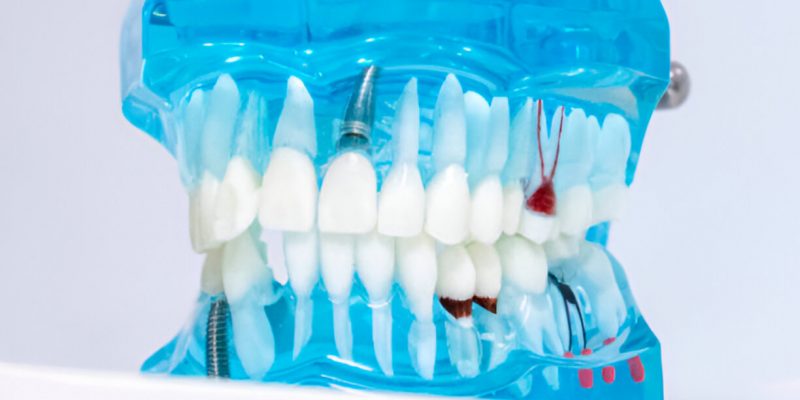Summary
Did you know that root canals don’t cause more pain? They eliminate it.
Not only do they relieve pain, but they also help you save your natural tooth!
Root canal therapy is a modern marvel. It allows the removal of pain from an affected tooth or teeth without much discomfort.
Root canals prevent further infection, tooth loss, and expensive replacements by removing infected pulp. More than relieving tooth pain, root canals bring lesser-known benefits, including helping maintain optimal oral health. Here’s what you can expect in the below space:
- Why you shouldn’t dread root canals
- What delaying a root canal does for your dental health
- The care needed for a full recovery after a root canal procedure
- Top places for root canals in Dentistry Summerville, SC

The first evidence of root canal therapy dates back to ancient civilizations, where basic techniques were used to treat dental infections.
Even if you haven’t undergone a root canal treatment, the name can send chills down your spine. Your fears may be unfounded if you don’t fully understand the significance of root canals and why they are one of the common dental procedures.
While a root canal procedure can help prevent your tooth from damage, getting treated by an experienced endodontist makes it more efficient.
This guide shares how a trusted Root Canal in Summerville, SC, can help you repair your tooth.
Understanding Root Canal Therapy
A root canal is a common treatment for infections in the tooth pulp, which is the innermost layer of a tooth. Early and effective treatment of the infected pulp can prevent further problems with the tooth. The pulp is a soft tissue inside the tooth. When the pulp is infected, you experience acute pain. The infection could be due to several dental procedures or underlying decay. You must undergo a root canal procedure when a deep cavity develops, or bacteria from plaque infect the pulp.
The procedure involves removing or cleaning the infected pulp and then filling and sealing it. If left untreated, the supporting tissue could also get damaged, needing a tooth extraction. Timely intervention with a root canal procedure is crucial to help save your tooth. In the next sections, we will drill into why you should not delay your dentist’s suggestion to get a root canal.
Benefits of Root Canal Therapy
Keep Your Natural Teeth Intact: If there’s just one reason why you should not delay your root canal procedure, it helps protect your natural teeth. A root canal fixes the root of the problem before it leads to further complex procedures and tooth extraction.
Rather Painless Procedure: Root canal therapy is not as painful as many believe it to be. A root canal helps alleviate the painful experience while your tooth holds the infected pulp. The procedure has evolved a lot today, and some patients experience little to no pain with the advancement.
Stops Further Infections: A root canal procedure can prevent abscess formation or accumulation of pus. It can also limit complications due to the infected pulp and maintain overall oral health.
Prevent Jawbone Deterioration: Root canals play many fundamental roles, from saving your tooth from extraction to maintaining jawbone structure. You can keep a well-structured jawline by getting a root canal done at the right time.
Improved Overall Health: A painful tooth can lower your energy. So, prioritizing the maintenance of optimal dental health helps to keep your overall mood and health in check. Root canals are among the most common dental treatments with a high success rate. Modern root canal treatments have a success rate of over 95%.

The Root Canal Procedure
Step 1: Consultation and Examination
The process begins with a thorough examination by your dentist in Summerville, SC. Your dentist will carefully listen to your complaints and suggest a series of X-rays. This helps to understand the root of the problem, the area of infection, and the structure of the teeth supporting the bone.
Step 2: Anesthesia
The experienced dentist will administer local anesthesia for a pain-free procedure for numbing the area around the affected tooth.
Step 3: Treating the Infected Pulp
The dentist creates a tiny opening in the crown of your tooth to access the infected pulp. The pulp is then carefully removed using specialized instruments.
Step 4: Cleaning
After the pulp extraction, the root canals are cleaned and disinfected. This step ensures that all infected tissue is removed and free from any pain. The next step is preparing to fill the canals.
Step 5: Canal Filing
Once cleaned and shaped, the root canals require a filling of gutta-percha, a flexible material that seals the canals and prevents infection. A dental sealer is added for an extra layer of protection, ensuring completely sealing of the canals.
Step 6: Tooth Sealing
The dentist then seals the opening in the tooth’s crown to extract the pulp with a temporary filling. You may visit the dentist later to fit a permanent crown on your tooth.
Aftercare and Recovery
It’s normal to experience some discomfort or mild pain after your root canal procedure, which is easier to manage with over-the-counter pain relievers. Until you have a permanent crown, it’s best to avoid any pressure on the tooth for which the root canal was performed.
Good oral hygiene after your root canal is crucial to ensure the tooth gets the full benefit. Continue to brush well, floss regularly, and complete the planned visits to your dentist in Summerville, SC, for routine check-ups. With proper care, a tooth that has undergone root canal therapy can last a lifetime.

Choosing Root Canal Therapy in Summerville, SC
When considering root canal therapy, choosing a qualified and experienced dentist is essential. Cane Bay Family Dentistry in Summerville, SC, offers various skilled professionals who can provide your needed care.
We offer personalized treatment plans to ensure the best outcomes by understanding each patient’s needs are unique. We at Cane Bay Family Dentistry in Summerville bring state-of-the-art technology, ensuring precise and effective root canal treatments, including:
- Digital X-rays
- Advanced rotary instruments
- Modern anesthetics
If you suspect you need a root canal or have been experiencing tooth pain, discuss all available treatment and payment options during your consultation. Your dentist will provide detailed information about the procedure, what to expect, and how it will benefit your oral health.
Takeaway
- Early diagnosis and treatment are key to saving your tooth and preventing complications
- One of the top reasons to undergo root canal treatments is to keep your natural teeth intact
- Root canal procedures are generally painless with experienced dentists and proper use of anesthetics
- With timely intervention in undergoing root canal procedures, you can maintain good dental health and promote overall good health
- Consult with our highly-rated dentists at Cane Bay Family Dentistry, experienced in root canals, to get you back to the best of oral health

